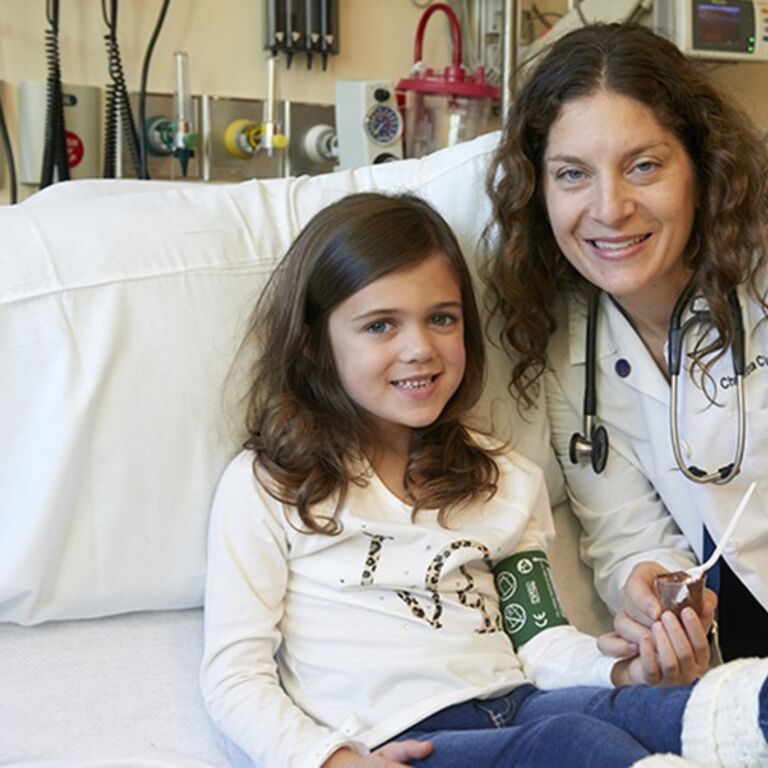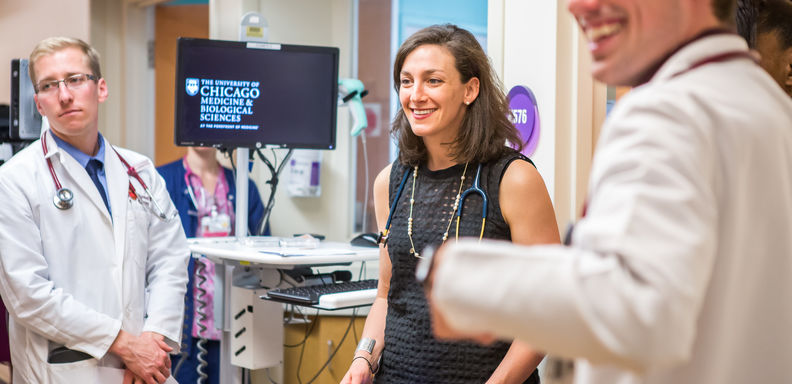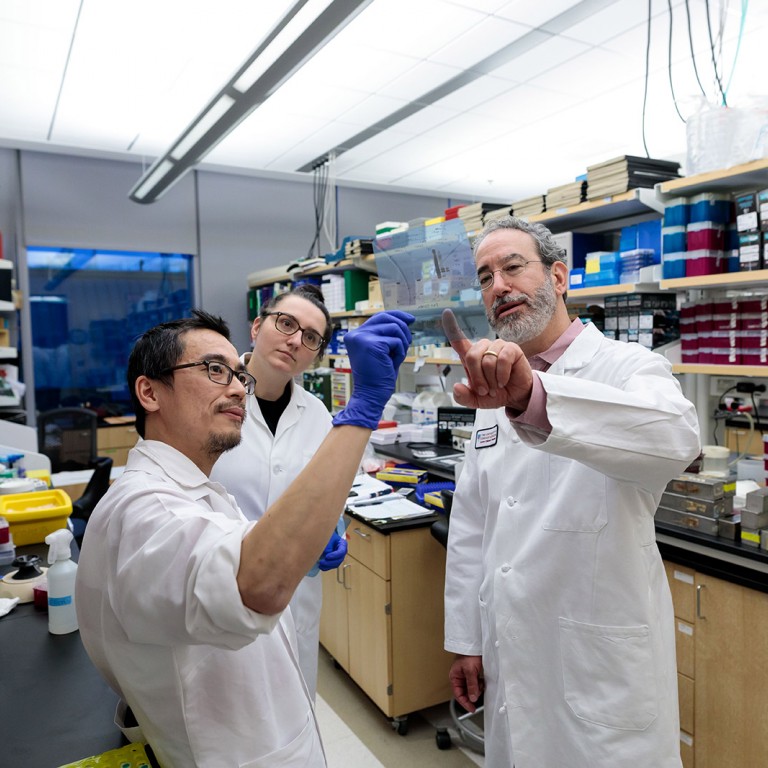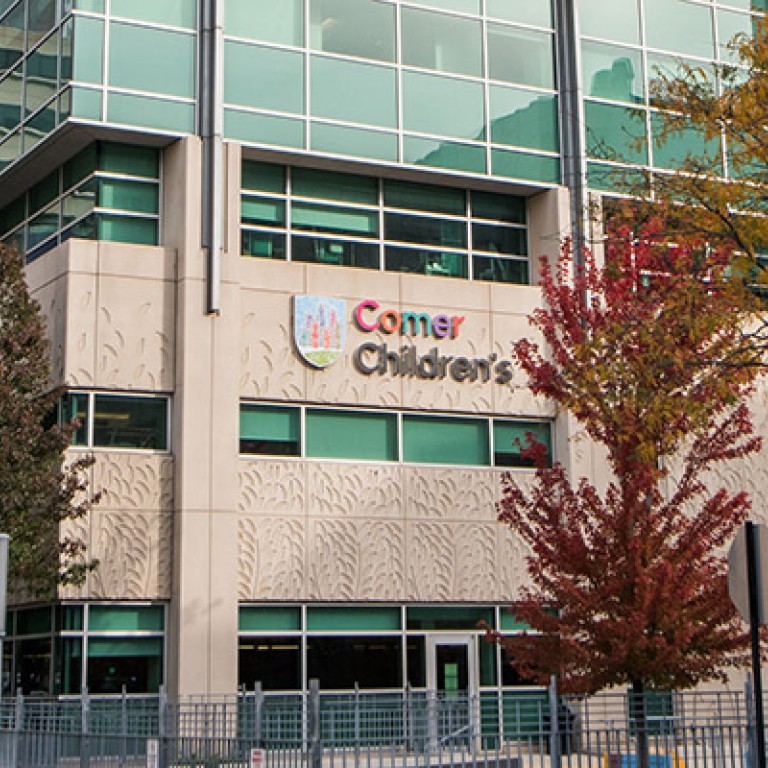Clinical Training:
Clinical training is spread out over the three years, and fellows receive progressively increasing responsibility over the course of the fellowship, with the goal of being fully able to run a pediatric emergency department.
In the first year, fellows spend four months in the pediatric emergency department and rotate through key outside experiences, including the PICU, sedation, and anesthesia at Comer Children’s Hospital, as well as Adult Emergency Medicine, EMS, and Trauma within the larger University of Chicago Medicine. Two blocks are dedicated to protected research time with minimal clinical responsibilities, providing the opportunity to design a scholarly project that will be carried through fellowship. Fellows also receive one month of vacation.
During the second year, fellows spend four blocks in the pediatric emergency department in a supervisory role, further advancing their leadership and clinical expertise. Additional rotations at Comer Children’s Hospital include sports medicine and child protection, while Adult Emergency Medicine/EMS and toxicology provide complementary training at the University of Chicago. Three months of protected research time support ongoing development of the scholarly project, with an additional month of elective time for individualized learning and one month of vacation.
In the third year, fellows dedicate all clinical time to the pediatric emergency department, where they take on full responsibility for running the department with a lighter clinical workload to support completion of a scholarly project. The year also includes one month of individualized elective time to design a tailored learning experience and one month of vacation.
Educational Curriculum:
Fellow graduates will have the knowledge as well as the clinical, procedural, research, communication, administrative skills to pursue an academic career in pediatric emergency medicine. We accomplish this through a combination of clinical training, research instruction, and a weekly fellows' conference.
The weekly fellows' conference is designed to provide a rigorous instruction in the core content of pediatric emergency medicine. In addition to didactic sessions, we hold journal clubs, case reviews, and simulation-based education to round out the curriculum.
Simulation-based training allows for the development of advanced procedural skills, team leadership skills, and communication skills. Several exercises are developed throughout the fellowship including pediatric trauma resuscitation with our surgeons and nurses, a mock code curriculum in conjunction with the critical care fellows, and the opportunity for advanced procedure simulation to gain proficiency in the less common but more high stakes pediatric procedures.
Residents participate in an intensive, interactive Medical-Legal Seminar during the second year of training. This one week long seminar examines legal issues critical to the emergency physician, including discussion of case law that guides our actions. It is coordinated by a physician-attorney specializing in emergency medicine; invited faculty from the medical and legal professions enhance this long-standing University of Chicago tradition.
Research Training:
All fellows are required to complete a scholarly project with guidance from their Scholarship Oversight Committee. Appropriate projects run the range from basic science to clinical research to quality improvement and education initiatives. As part of our university-wide fellowship curriculum, fellows gain skills in research design, statistical analysis, and evidenced-based medicine through the Essentials of Patient Oriented Research (EPOR) course. Fellows may also elect to pursue advanced training in outcomes research through the Summer Program in Outcomes Research Training (SPORT).



